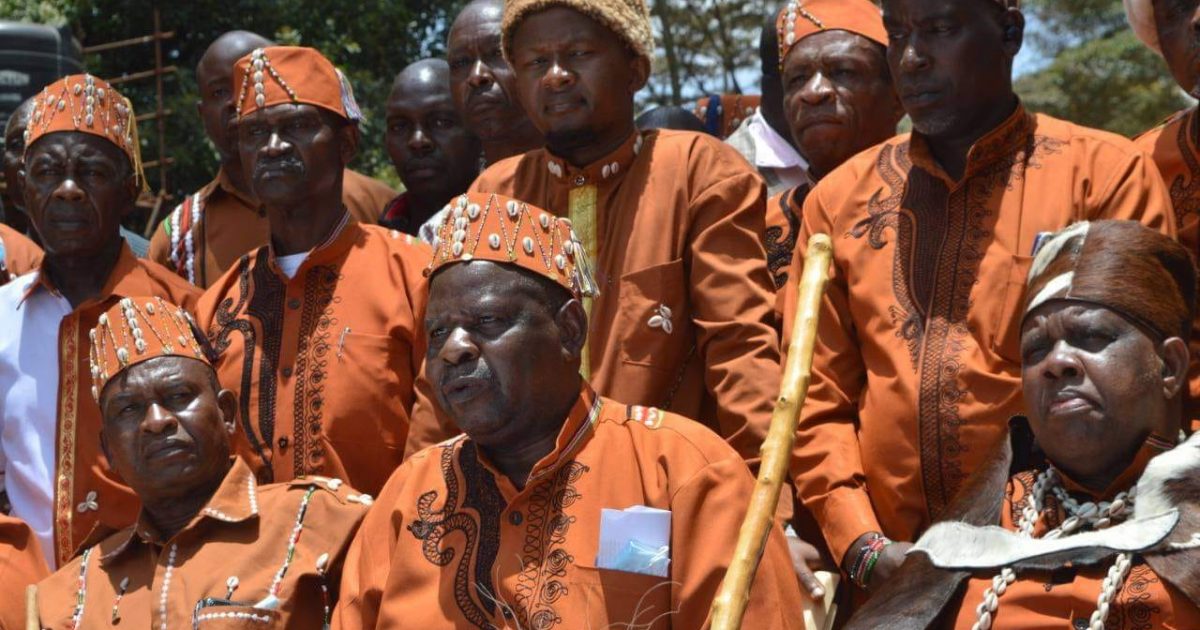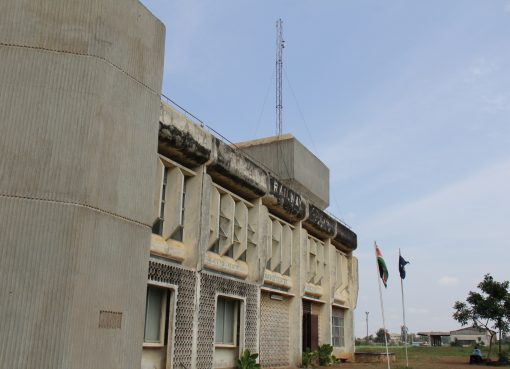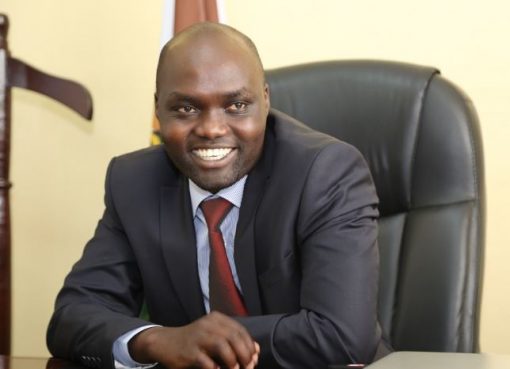The Kikuyu Council of Elders in Thika has announced the suspension of this year’s circumcision ceremony for boys in the community, a traditional rite of passage observed for decades.
The ‘Kiama Kia Maa’ elders explained that this decision aims at allowing boys to complete their Junior Secondary School education without disruption.
Traditionally, the community has circumcised boys transitioning from primary to secondary school.
However, with the introduction of the Competency-Based Curriculum (CBC), boys in grade 6 will now progress to grade 7, remaining in Junior Secondary after completing the ongoing KPSEA examinations.
After a meeting with community leaders, the elders urged local churches, which also participate in the rite, to adjust their ceremony dates accordingly
Council Chairman Nganga Kiarie emphasized that the new educational system has necessitated changes to the initiation timeline.
“Circumcision signifies the transition from boyhood to manhood. If boys are circumcised this year, they will return to Junior Secondary and interact with younger children, undermining the significance of the initiation process,” he said.
On his part, Elder James Kimani reiterated the council’s support for the new curriculum, which requires boys to spend an additional year in primary school before being circumcised. However, he clarified that the council would not compel families to forgo this year’s initiation ceremony, leaving the decision to individual families.
“We have deliberated on this issue for a long time and have agreed to allow our boys one more year in primary school before their circumcision next year,” Kimani said.
Meanwhile, many churches in Thika have expressed their intention to continue with the circumcision ceremony as scheduled, creating confusion among families and young initiates caught between traditional customs and modern religious practices.
Historically, the church has played a crucial role in the circumcision ceremony, often mediating between traditional and contemporary societal norms.
The council’s announcement has placed the church in a difficult position, prompting calls for them to align their schedules with the elders’ proposed timelines.
By delaying the ceremony, the council aims to preserve the cultural significance of circumcision while adapting to the evolving educational landscape.
This approach seeks to empower boys, ensuring they fully understand and appreciate the responsibilities associated with adulthood.
By Hellen Lunalo





